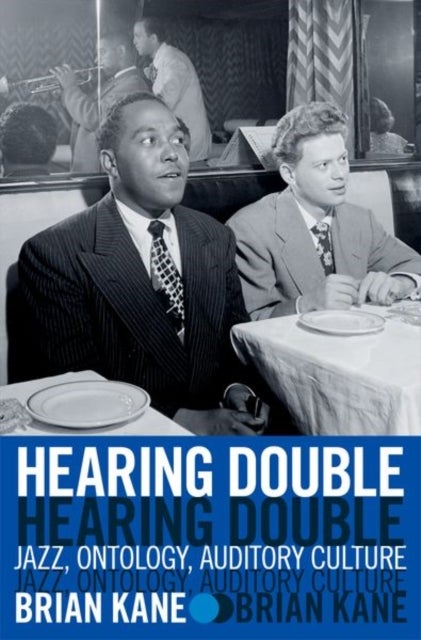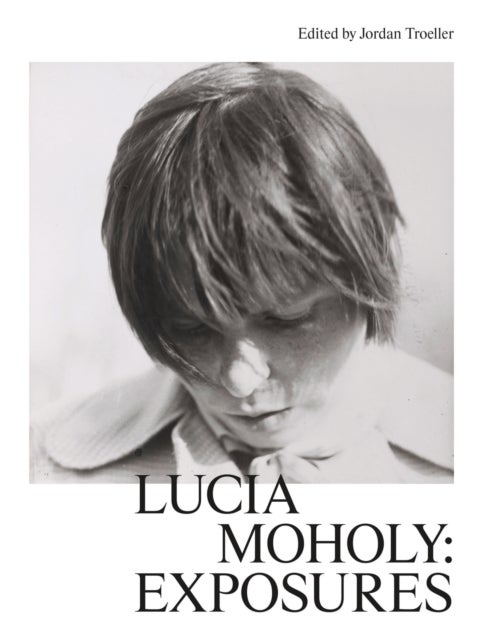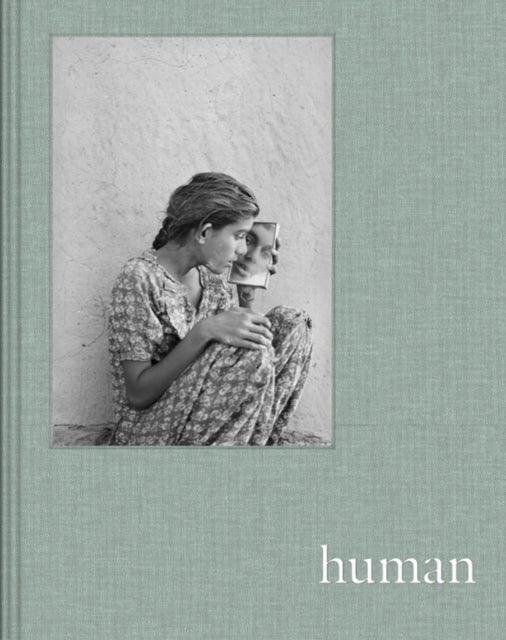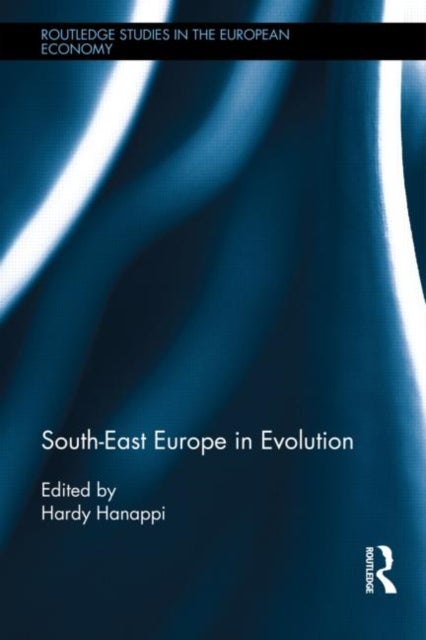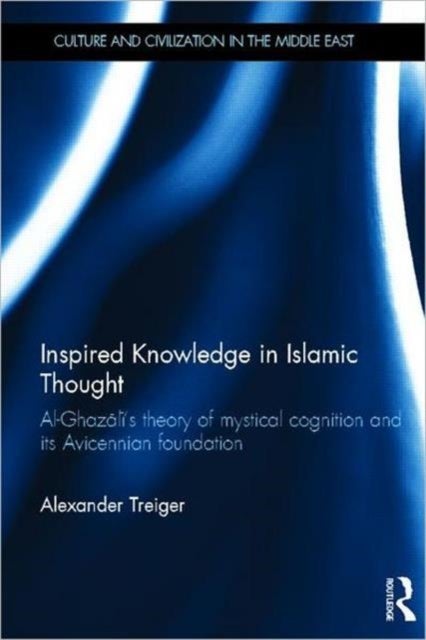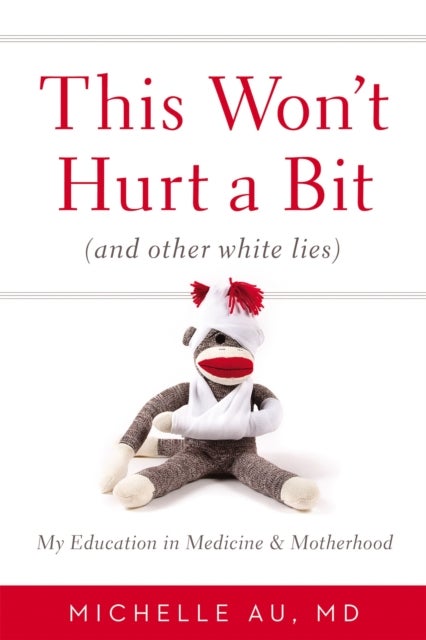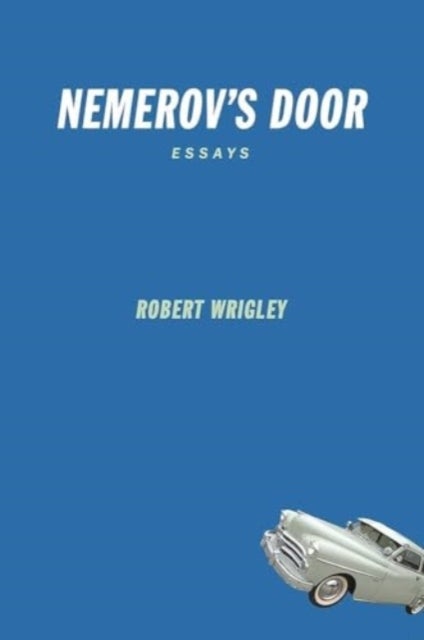
Nemerov's Door av Robert Wrigley
229,-
Nemerov¿s Door is a testament to what matters most in Robert Wrigley¿s life: love, nature, wild country, music, and poetry. In his youth, Robert Wrigley had little interest in poetry; you even could call it an active disinterest. Then, at the age of twenty-one, after being drafted into the army during the Vietnam War, after receiving an honorable discharge on the grounds of conscientious objection, and feeling otherwise adrift, he took a class in poetry writing, and that class altered the trajectory of his life. Nemerov¿s Door is the story of a distinguished and widely celebrated poet¿s development, via episodes from his life, and via his examinations of some of the poets whose work has helped to shape his own. Essays on James Dickey, Richard Hugo, Etheridge Knight, Howard Nemerov, Sylvia Plath, and Edwin Arlington Robinson are interwoven with essays about the sources of poetry: arrowheads; wild rivers; and the lyrics of a song from My Fair Lady, among other things. In the essay about

